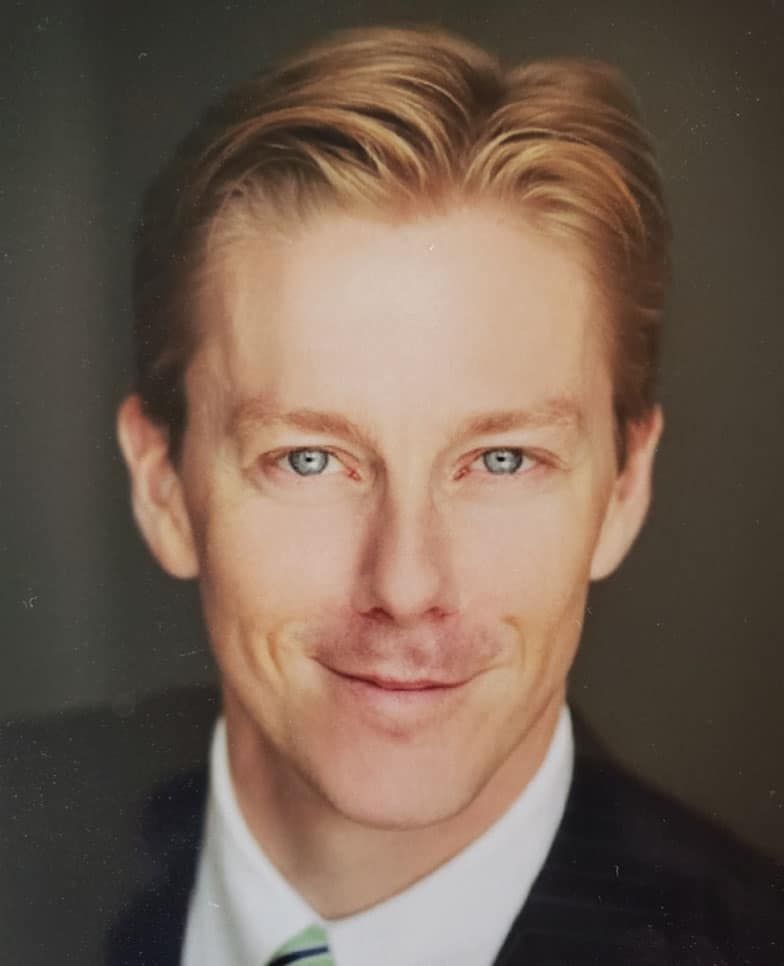Top Docs Q&A: Dr. Chet E. Reistad, MD

Ophthalmologist, Oculoplastic Surgeon
Eye Center of Northern Colorado
EDUCATION: Washington University School of Medicine
SPONSORED CONTENT
Exploring & expressing grief
Support groups and events, as well as creative therapies and professional counseling, are all ways in which Pathways supports individuals dealing with grief and loss.
RESIDENCY: Yale University, American Society of Ophthalmic and Facial Plastics Surgery (ASOPRS)
BOARD CERTIFICATIONS: Board Certified, a member of the American Academy of Ophthalmology, a fellow of the American Society of Ophthalmic Plastic and Reconstructive Surgeons, and a member of American Society for Laser Medicine and Surgery
Q: What interested you in oculoplastic surgery versus other areas of medicine?
A: One of the many great things about attending medical school is working and learning during the required rotations through the core fields of medicine. As a student, being exposed to and living the daily work life of Ob-Gyn, General Surgery, Internal Medicine, Emergency Medicine, Psychiatry, Radiology etc, helps one identify what field they would like to gravitate towards. For some, the choice jumps out. For others, it can be difficult to choose.
Ultimately, I was most attracted to the patient interaction, detail and fine motor skills involved in Oculoplastic surgery.
Q: You attended Washington University and then completed your residency at Yale. What did you learn from that experience?
A: Coming from a rural Wisconsin background, the opportunity to attend Washington University in St. Louis, and then Yale in New Haven, CT was extremely valuable. These cities are culturally and artistically diverse. Educationally, both programs provided excellent peers and instructors that encouraged, pushed and shaped what began as students into refined physicians/surgeons.
Q: You deal with cosmetic surgery of the forehead and eyelids, tumor removal, thyroid eye problems and other issues. What are the most prominent issues that you help treat?
A: As stated, Oculoplastic surgery allows an interesting and rewarding mix of cosmetic surgical and non-surgical treatments, repairing hereditary and age-related eyelid and facial changes, as well as skin cancer related diagnosis and post-excision defect reconstruction. Additionally, there are cross-overs with neurologic and systemic disorders.
Q: How has your area of medicine evolved over the years?
A: It is an exciting time in medicine. There are continuing enhancements in surgical and non-surgical cosmetic treatments for the eyelids/face, new, more disease-specific medicationsand continued improvements in the diagnosis and understanding of less common disease processes.
Q: What kind of hobbies and interests do you have outside medicine?
A: I enjoy a wide variety of music and am happy that live performances are again accessible. I play in tennis leagues and derive great pleasure from a busy family life.
Q: What are you watching on Netflix?
A: After Ozark ended, I have recently turned to Pennyworth, originally on EPIX, and now HBOMax. Condor, on EPIX was also enjoyable.
Q: “If I wasn’t a doctor, I would be …”
A: Tough question — maybe a weatherman?
Ophthalmologist, Oculoplastic Surgeon
Eye Center of Northern Colorado
EDUCATION: Washington University School of Medicine
RESIDENCY: Yale University, American Society of Ophthalmic and Facial Plastics Surgery (ASOPRS)
BOARD CERTIFICATIONS: Board Certified, a member of the American Academy of Ophthalmology, a fellow of the American Society of Ophthalmic Plastic and Reconstructive Surgeons, and a member of American Society for Laser Medicine and Surgery
Q: What interested you in oculoplastic surgery versus other areas of medicine?
A: One of the many great things about attending medical school is working and learning during the required rotations through the core fields of medicine. As a student, being exposed to and…
THIS ARTICLE IS FOR SUBSCRIBERS ONLY
Continue reading for less than $3 per week!
Get a month of award-winning local business news, trends and insights
Access award-winning content today!

